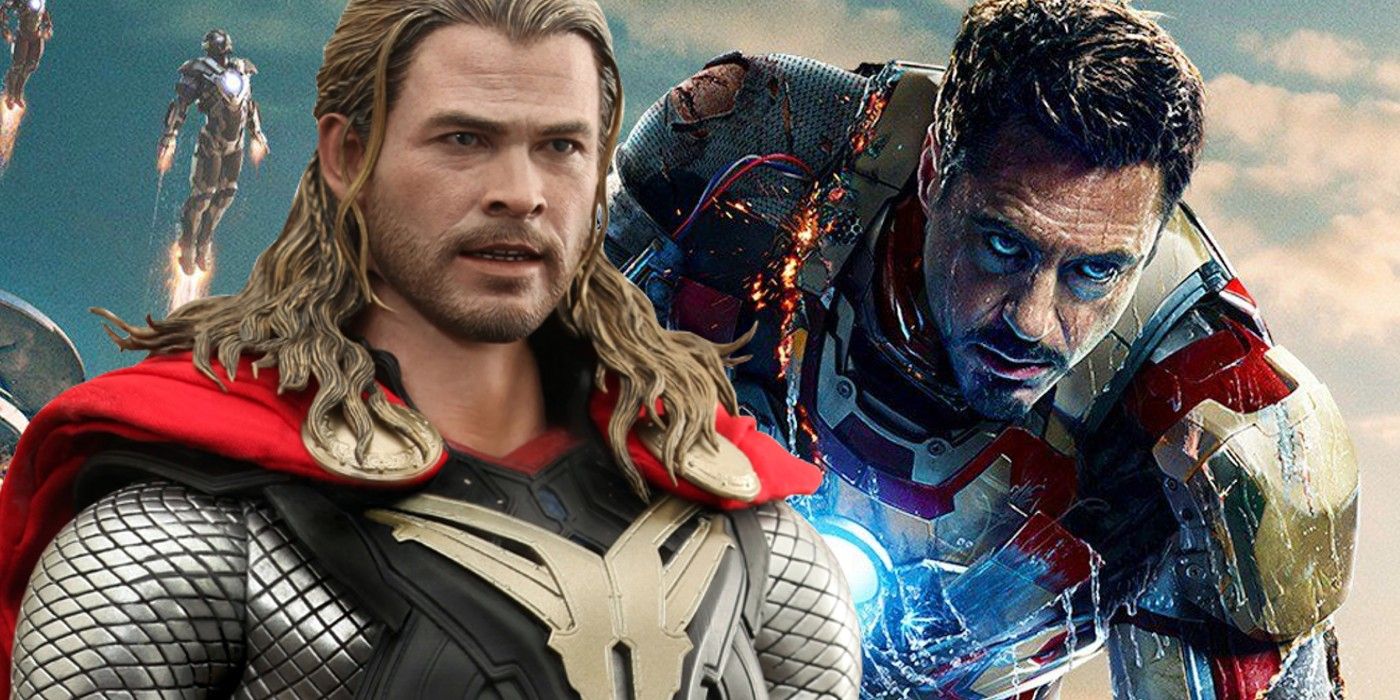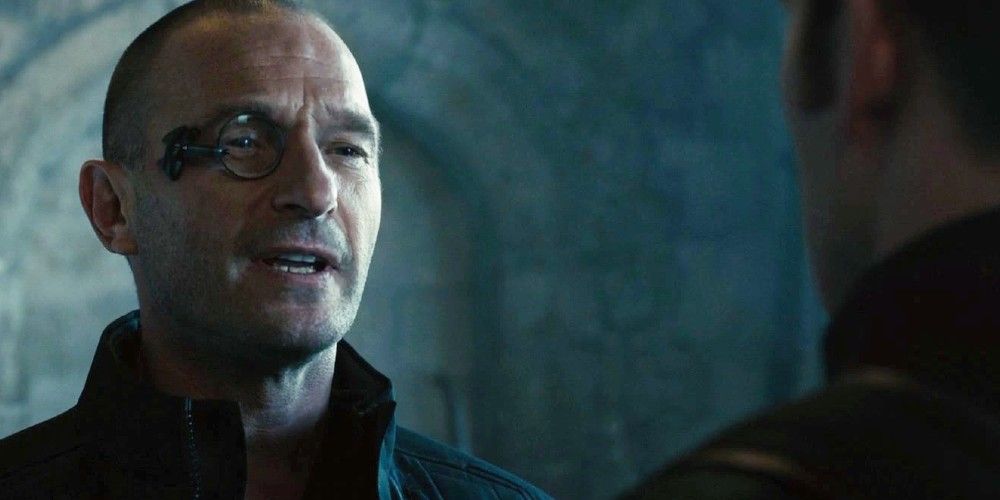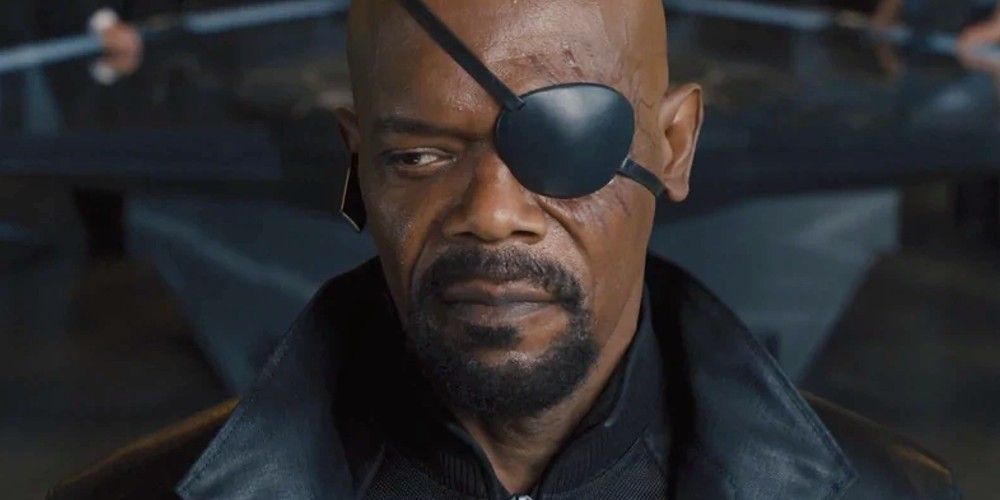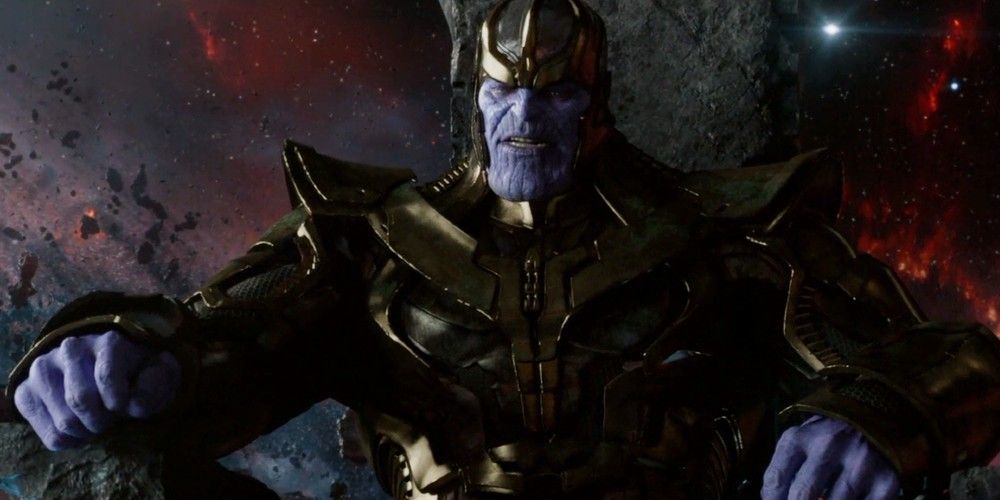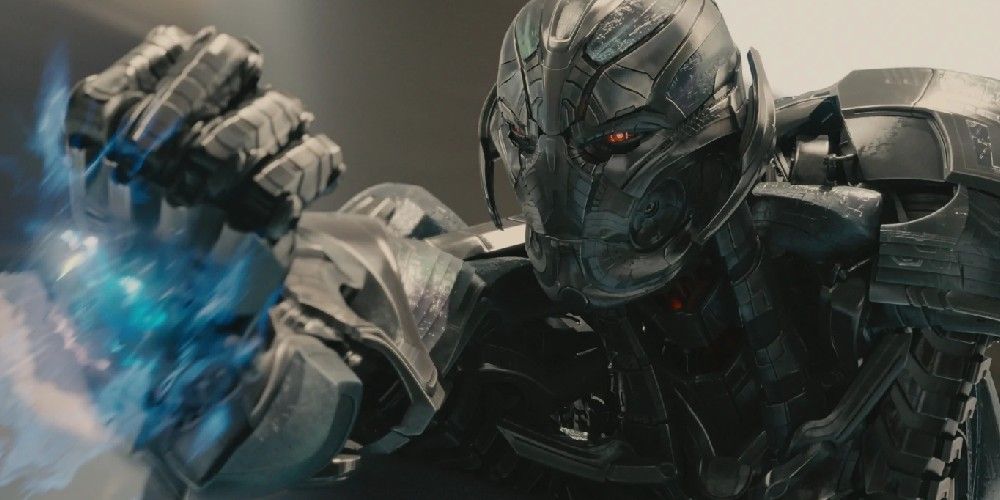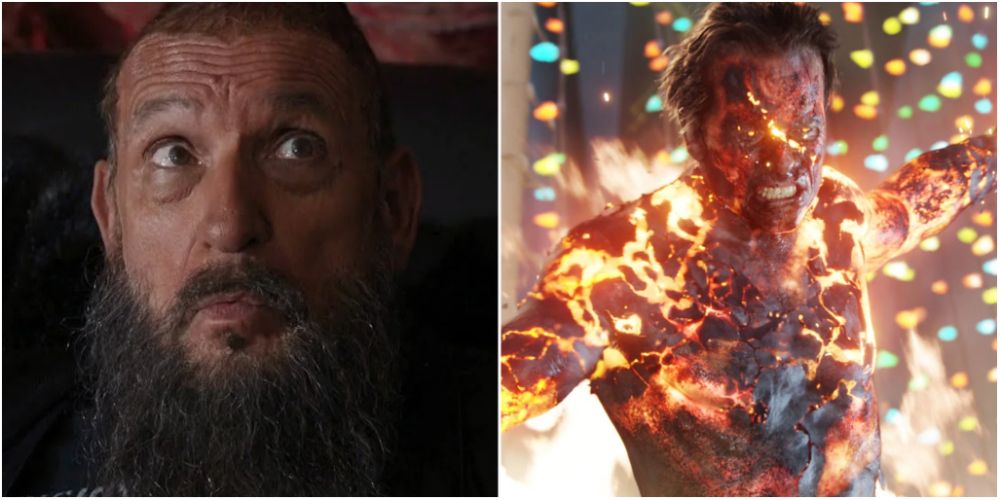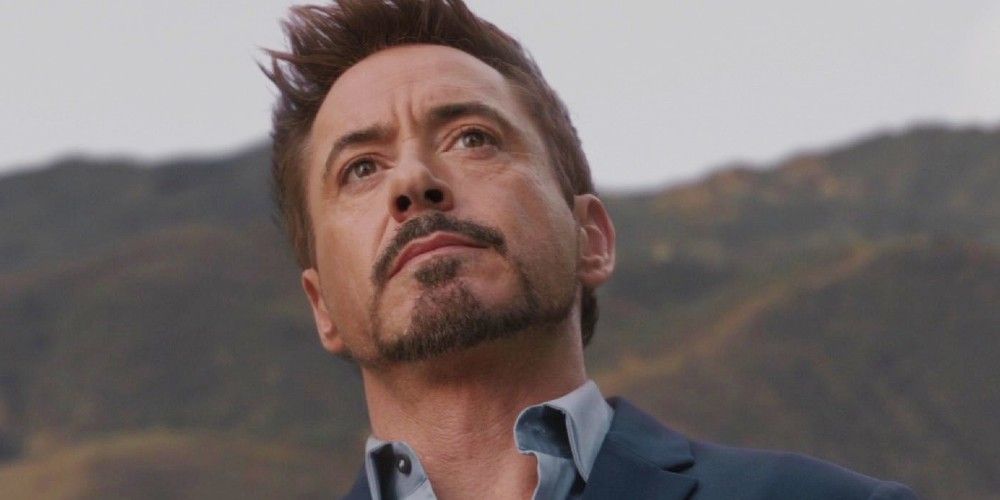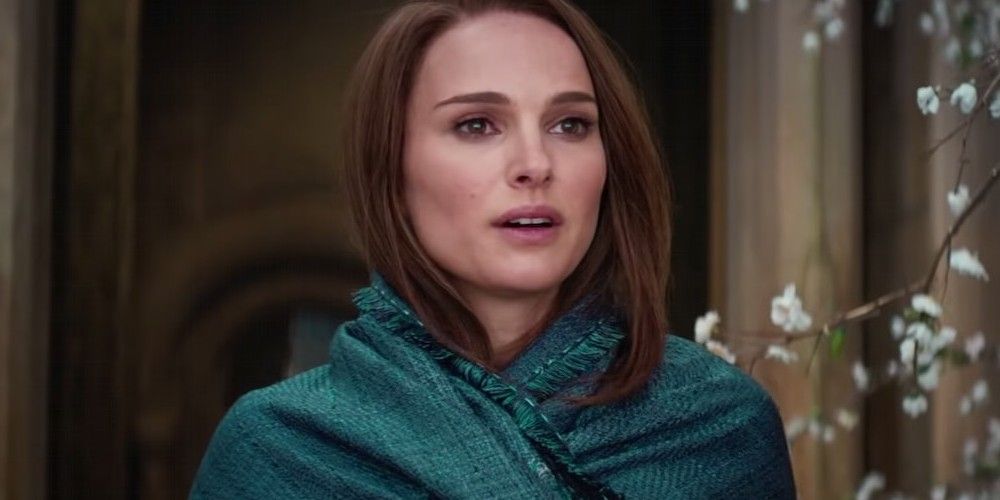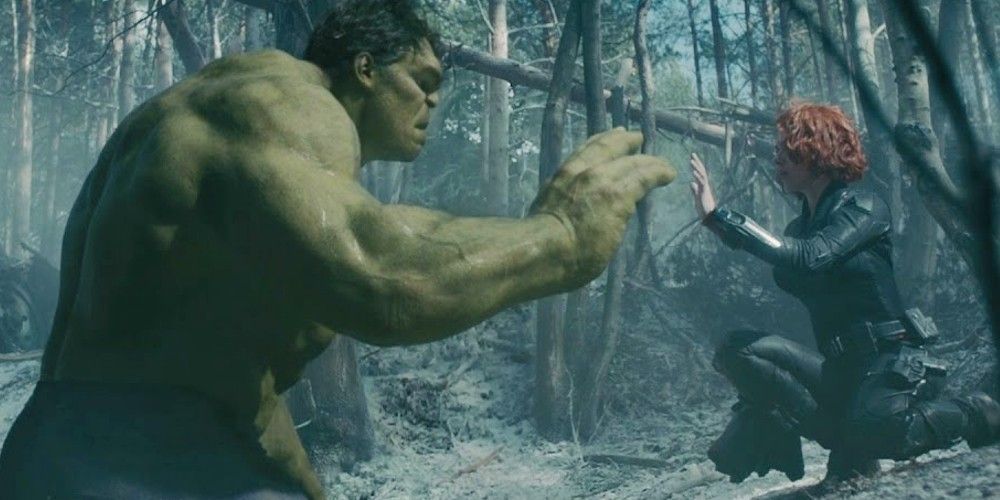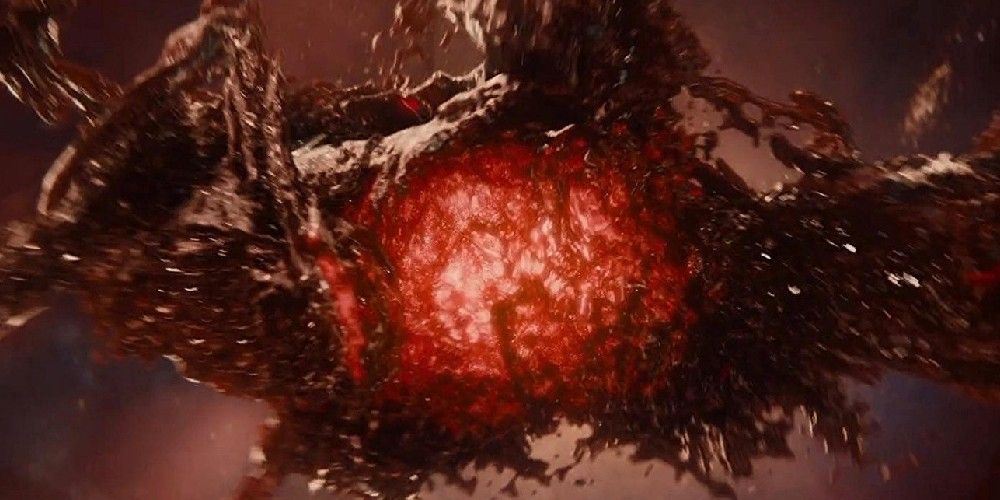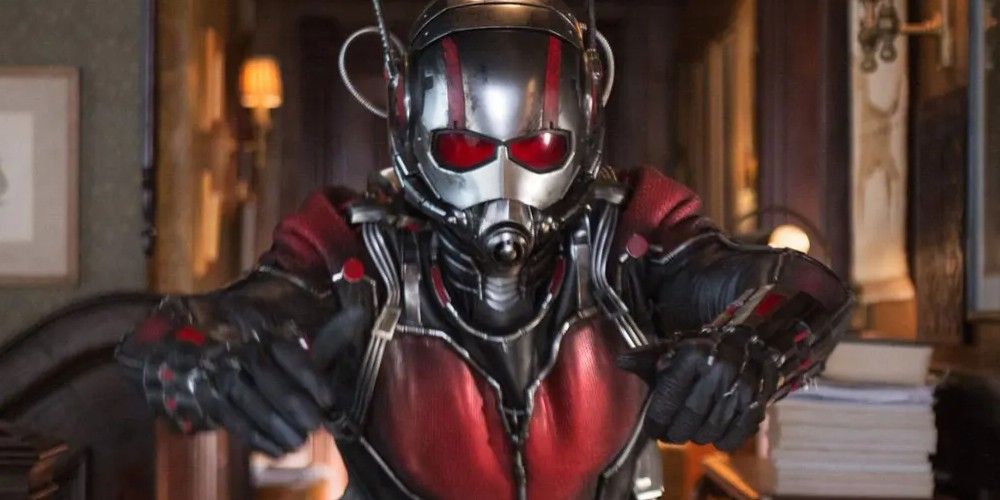The fourth phase of the Marvel Cinematic Universe has been met with mixed reception from fans, but Phase 2 is often regarded by fans to be the franchise's weakest part. Phase 2's movies aren't terrible or unwatchable, but they pale in comparison to the MCU movies that came before and after. In fact, some of them were even retconned by later MCU movies.
The problem with Phase 2 was that most of its movies prioritized MCU world-building, while others took interesting creative risks that didn't go as well as the filmmakers hoped. In hindsight, Phase 2 comes across as the MCU's first awkward steps outside its comfort zone. Some mistakes had to be made for the MCU to become what it is today.
10 HYDRA Was Killed Off Too Early
Avengers: Age Of Ultron
The Avengers opened Age of Ultron by defeating the last HYDRA stronghold. While this was fun, the fight's brevity clashed with what Captain America: The Winter Soldier set up. HYDRA was established as a fascist sleeper cell and existential threat to freedom, but Age of Ultron reduced them to cartoonish villains to defeat.
After their unceremonious loss, HYDRA was effectively erased from Age of Ultron and the MCU when Ultron killed Baron Wolfgang von Strucker. From then on, the MCU barely mentioned HYDRA. Worse, HYDRA's status as the antithesis to everything Captain America believed and represented was forgotten.
9 S.H.I.E.L.D. Was Reestablished Too Soon
Avengers: Age Of Ultron
One of the biggest consequences of Captain America: The Winter Soldier was S.H.I.E.L.D.'s dissolution. But just two movies later, S.H.I.E.L.D. was revived, and Nick Fury returned from his self-imposed exile. S.H.I.E.L.D.'s comeback was a comforting return to the status quo, but it diminished The Winter Soldier's stakes and HYDRA's threat.
The Winter Soldier exposed S.H.I.E.L.D. and Fury to be politically compromised peacekeepers who needed to be replaced. Despite letting HYDRA infiltrate their ranks, S.H.I.E.L.D. was quickly absolved in Age of Ultron, and Fury got an easy redemption. Whatever accountability S.H.I.E.L.D. deserved was swept under the rug.
8 Thanos Was An Unnecessary Villain
Guardians of the Galaxy
After appearing in The Avengers' mid-credits teaser, Thanos properly debuted in Guardians of the Galaxy. The problem is, Thanos was nothing more than the Kree's boss, and he was depicted to be a lazy tyrant. This would've been fine if the MCU maintained this characterization, but Thanos was completely different in Phase 3.
In Avengers: Infinity War, Thanos invaded planets and collected the Infinity Stones by himself. But in Guardians of the Galaxy, he delegated the Power Stone's acquisition to Ronan the Accuser and was easily cheated out of it. What's more, Thanos' presence watered down the Kree's agency and threat. In brief, Thanos' first impression was disappointing.
7 Ultron's Villainous Potential Was Wasted
Avengers: Age Of Ultron
Part of the disappointment behind Age of Ultron stemmed from the title's namesakes, specifically the critically acclaimed comic event and Ultron himself. Originally, Ultron was a monstrous artificial intelligence and a manifestation of Hank Pym's darkest side. In the movie, Ultron was the easily defeated embodiment of Tony Stark's hubris.
Even ignoring his simplified backstory and lack of Oedipal motives, Ultron was a generic evil robot who the Avengers beat. The MCU missed the opportunity to turn Ultron into a memorable onscreen villain. For what it's worth, Ultron's destruction of Sokovia left such a lasting mark on the MCU that the fallout is still felt today.
6 The Mandarin Twist Traded Its Gravitas For A Joke
Iron Man 3
When Iron Man 3 began, The Mandarin was implied to be the MCU's answer to real-life terrorists. Additionally, The Mandarin seemed to be Tony Stark's physical and ideological foil. Instead, The Mandarin was the washout actor Trevor Slattery, who was paid to portray the terrifying terrorist by Tony's business rival, Aldrich Killian.
A terrorist leader being a false flag created by the military-industrial complex is an inspired twist. The problem was that this poignant revelation was undermined by Iron Man 3's insistence on being a farce. If Aldrich (the "real" Mandarin) was Tony's petulant nuisance, Trevor was the comic relief.
5 Tony Stark's Retirement Was Too Premature
Iron Man 3
In more ways than one, Iron Man 3 was Tony Stark's swan song. Not only was Iron Man 3 the last stand-alone Iron Man movie, but it also wrapped up Tony's personal journey. Closing Tony's time as a solo genius hero makes sense, but Iron Man 3 had a rushed and unearned sense of finality about it.
Iron Man 3 made a big deal about Tony no longer needing Iron Man, only for him to return as Iron Man in later movies. Iron Man 3 would've had more emotional resonance if it were really Tony's last appearance in the MCU. Instead, his continued presence made Iron Man 3 feel like a strangely early finale.
4 Jane Foster Deserved A Better Character Arc
Thor: The Dark World
MCU love interests are notorious for being poorly written, and Jane is one of the worst. After being introduced as Thor's potential partner in the first movie, Jane returned to be the sequel's damsel in distress and plot device. Case in point, Jane absorbed the Reality Stone and became The Dark World's catalyst.
Jane didn't do much in The Dark World, and she constantly had to be saved by Thor whenever the Dark Elves got too close. Natalie Portman was unsatisfied with this, and she only reprised her role due to contractual obligations. It wasn't until Thor: Love and Thunder when Portman mended bridges with the MCU and returned as Jane.
3 Bruce Banner & Natasha Romanoff's Relationship Was Awkward
Avengers: Age Of Ultron
Giving The Hulk and Black Widow a romantic subplot isn't a terrible idea. Unfortunately, Age of Ultron introduced this relationship in an unsatisfying manner. When Bruce and Natasha's melodrama wasn't being shoehorned into scenes, Age of Ultron set them up for suggestive jokes that were more off-putting than funny.
Not helping matters was how juvenile the relationship was. Bruce and Natasha's chemistry was defined by innuendos and platitudes, which were then interrupted by dark discussions about self-loathing. The Avengers showed how comic book sensibilities and serious moments can be balanced, but Age of Ultron failed to follow up its predecessor.
2 Thor's First Sequel Prioritized The Reality Stone
Thor: The Dark World
Thor: The Dark World is simultaneously the weakest Thor movie and MCU entry. Besides wasting the Dark Elves and being a generic fantasy movie, The Dark World was more of a launchpad for MCU world-building than Thor's second adventure. Worse, Thor was sidelined by his first movie's breakout star, Loki.
Instead of deepening Thor's character or meaningfully advancing his relationship with Jane, The Dark World spent more time explaining the Reality Stone's capabilities and place in the MCU. The Dark World was a lackluster and perfunctory sequel, and it's arguably the reason why the Thor movies soft rebooted with Thor: Ragnarok.
1 Ant-Man Would've Been Better If Edgar Wright Stayed As Director
Ant-Man
One of the MCU's earliest problems was Edgar Wright's departure. Wright was originally set to write and direct Ant-Man, but then he left due to intense interference from the now-defunct Marvel Creative Committee. Wright was replaced by Peyton Reed, who delivered a passable but forgettable movie.
Even if Ant-Man had a strong cast and a script co-written by Wright, Reed's direction was generic and uninspired. Meanwhile, Wright directed the visually stunning Baby Driver and Last Night in Soho. As seen in these movies' writing and style, the MCU missed the chance to have someone as unique as Wright leave his mark on the franchise.

